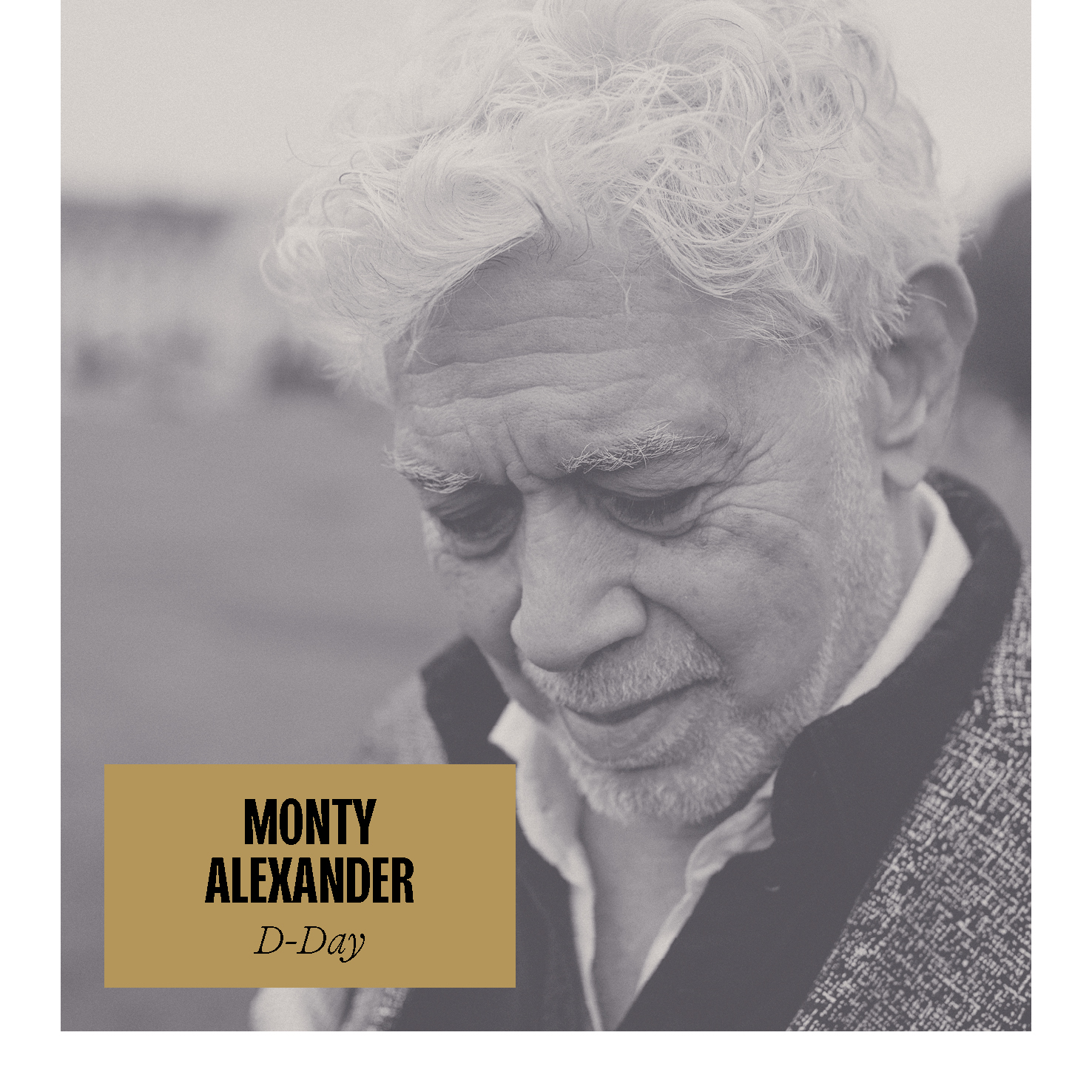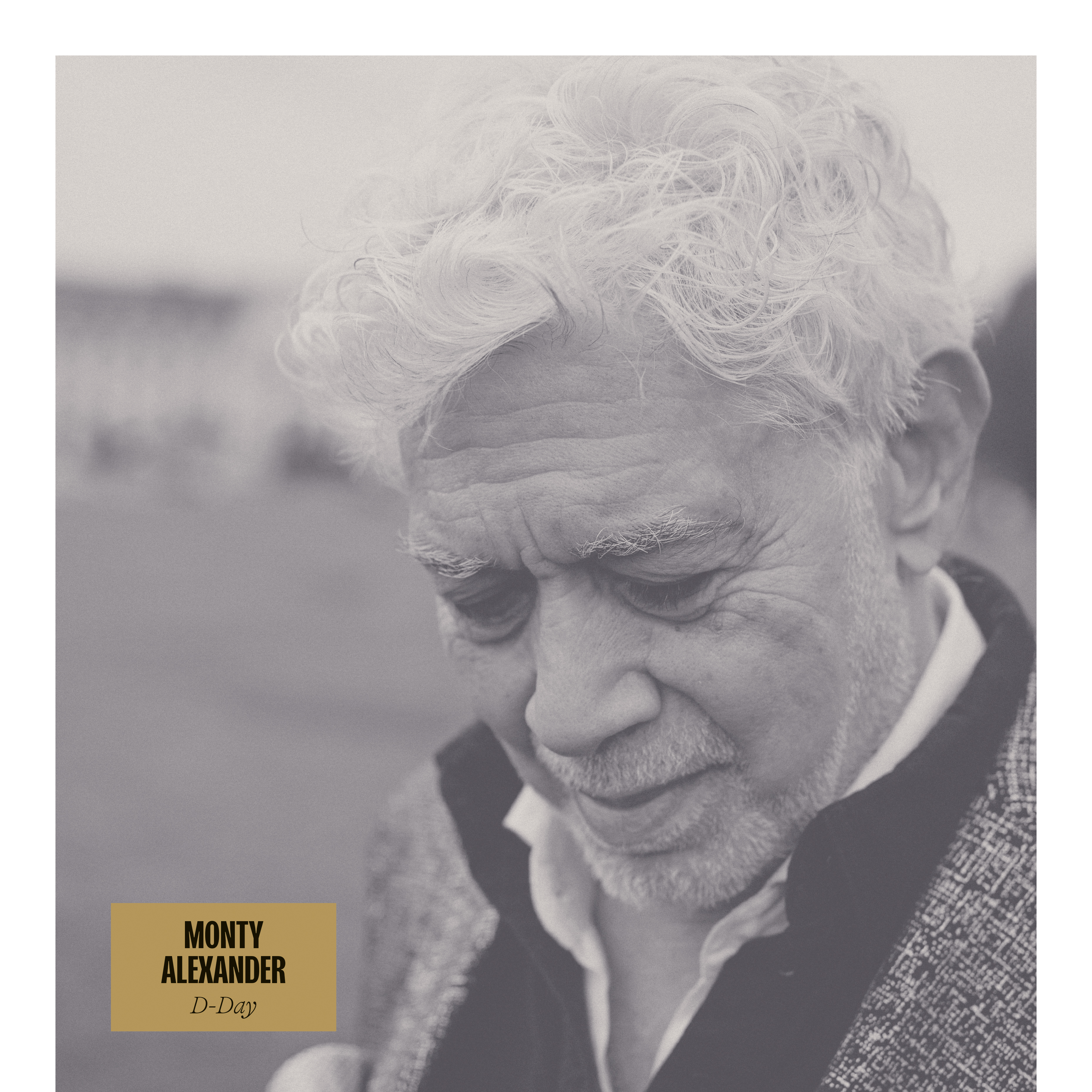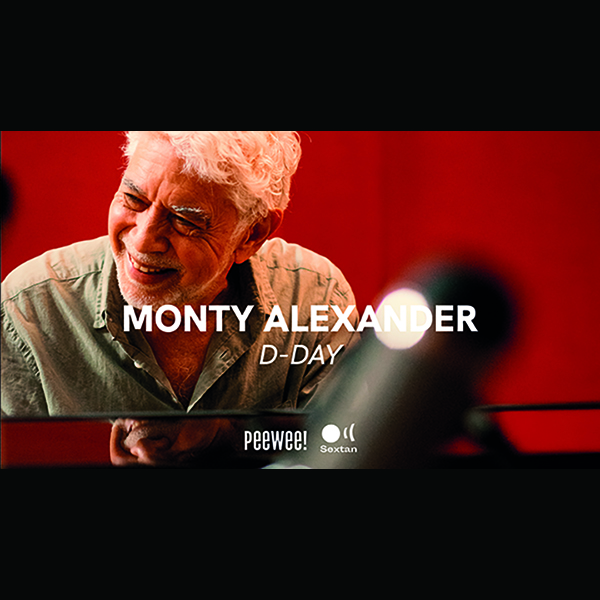
Text
Photo ©Jean-Baptiste Millot
Born on June 6, 1944, he belongs to a generation of modern jazz piano heroes.
From a multicultural, multi-ethnic universe, somewhere between jazz and reggae, he’s a true champion of the Great American Song Book and the world’s finest avatar of Jamaican jazz.
His music combines the rhythms of his native Caribbean land with North-American harmonies and forms.
At 16, he was already expert in all the dance musics of the day: cha-cha, merengue, calypso...
“It was music with a beat, and depending how you attack the rhythm, how fierce the rhythm would get and people would want to dance and people would clap their hands and everything. The music came up with that certain identifiably a Jamaican accent or rhythm the way people talk walk or drive,” he remembers.
Exposed to all types of music at dances, he also devloped a passion for rhythm’n’blues as well as for Nat King Cole or the inventors of bebop, which he heard on the radio and sought to play be ear.
He also took part in the early days of ska in the Kingston studios that arranged his first engagements.
At 17, he moved to the United States, where he didn’t take long to be noticed by a certain Frank Sinatra, who eased his rip-roaring entry into the big league of jazzmen of the day.
He accompanied the great figures of be-bop : Milt Jackson, Dizzy Gillespie, Johnny Griffin, Benny Golson. He carries on the tradition of the full orchestral swinging pianists started by Nat King Cole (in his turn influenced by Earl Fatha Hines), and continued on by Erroll Garner, Oscar Peterson, Ahmad Jamal and Wynton Kelly. From his earliest years in the USA (in the early 1960’s) Monty forged close friendships with Errol Garner, Oscar Peterson, Wynton Kelly and Ahmad Jamal.
He recorded for Pacific Jazz for the first time under his name at the age of 20. A supercharged album that introduced the world to the young prodigy. Critcs spoke of “accessible jazz, joyous swing, effusive, without histrionics”.
These early years left Alexander with an indelible impression of a wide open window onto an eclectic world. Armed with an intransigent spirit, a total commitment to his art and incredible musical intuition, he has since developed an instantly recognisable style.
As for many jazz giants, Europe in the sixties, seventies and eighties was a fundamental haven for Alexander and it was also where his international stature grew.
Europe loves Monty Alexander and he returns the sentiment. Montreux Alexander (MPS records 1976), an album that is now in the pantheon of jazz, is a vibrant testimony to this reciprocal attachment.
After a career spanning over 60 years, he’s still writing history today.
www.montyalexander.com




